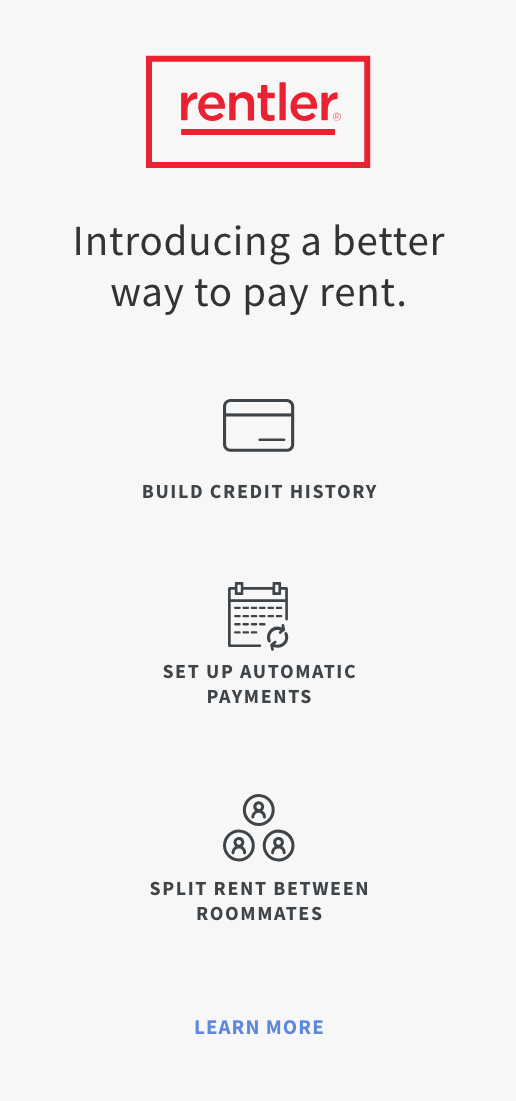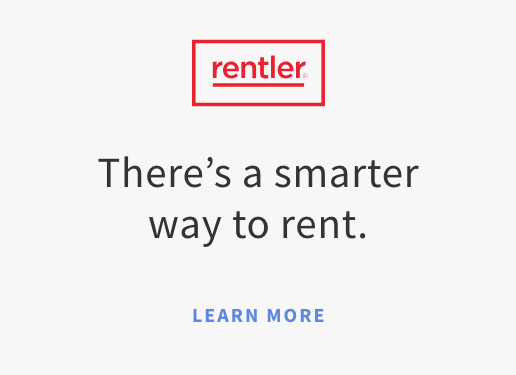If you’re looking for a way to make extra money, Airbnb is an appealing option. After all, more than 2.5 million people have listed their home on the short-term rental site, and the average host makes about $7,200 per year. But the process of renting out some or all of your home might not be as easy as you’d hoped.
In fact, if you’re not a homeowner—and you are currently renting your place—there’s a chance you can’t become an Airbnb host at all, depending on what your local laws and your landlord say. So here’s what you need to know if you’re a renter who is interested in hosting on Airbnb.
Learn the local laws about short-term rentals
Before you get your rental home all ready to list on Airbnb, make sure it’s actually legal to turn your unit into a short-term rental. Some states, counties and cities do not allow renters to rent out their home at all, meaning only homeowners can do this in certain areas. One of the simplest ways to find out your local laws on short-term rentals is to check the Airbnb website, which lists the requirements for major cities.
If you don’t see the information you need there, you can visit your city’s website to find out if you’re allowed to use Airbnb for your rental. If the laws aren’t listed there, your next step should be to call your city hall to ask. It might take some time to get the answers you need, but doing your due diligence is important if you want to avoid eviction and even legal problems from ignoring local regulations.
Read your lease terms before you make any decisions
If you find out that your city and state will allow you to host your rental on Airbnb, your next step should be to make sure your landlord allows it, too. First, get a copy of your lease agreement and read through it thoroughly to find out if there are any rules against renting out your home while you’re a tenant yourself. If it states that you cannot sublet your home, this means you can’t host on Airbnb, since rules against subletting typically apply to both renting out the whole home and renting out a single room. Either way, you can’t do it if your lease includes any rules against subletting.
If your lease does not include any rules about renting your home out, you may be on your way to using Airbnb to make a little extra income. But first you need to check to make sure there are no other regulations standing in your way. For example, if you’re in a condominium or a housing community with a homeowner’s association (HOA), you should check the CC&Rs (basically the list of rules) to make sure renting out your rental home is okay.
Since you’re not the homeowner, you might not have access to these and you’ll have to ask your landlord or property manager for them. This is an important step to take since if you break the rules, you might end up facing fines or liens, which would likely get you evicted once your landlord finds out about them.
Talk to your landlord before you list your rental on Airbnb
If your city, lease, and housing community all allow renters to use Airbnb for their home, your last step is to talk to your landlord. After all, you don’t want him or her to find out about your short-term rental by seeing it on Airbnb. Even if it’s technically allowed, most homeowners want to know what’s happening with their property at all times. You might not be breaking any rules by not talking to your landlord first, but you do want to make sure he or she is okay with renting out the home if you want the best chance of renewing your lease.
If you’re not sure if your landlord will be happy about your plan to host on Airbnb, you should come up with a few ways to make it sound better. For example, some tenants give their landlord a small percentage of their profits for agreeing to list the home on Airbnb. You might also agree to pay slightly more for rent every month in exchange for the ability to make extra money on the rental.
Maybe your landlord isn’t concerned about the money, but is worried about what neighbors might say, or what kind of damage renters might do to the home. In that case, you can ease your landlord’s mind by agreeing to only rent out one room rather than the whole home so you can keep a closer eye on guests. Or maybe you can agree to only rent once in a while, and adhere to any rules your landlord wants to include, such as no pets on the property.
No matter what you both agree to, make sure you get everything in writing to protect both of you. In fact, the ideal situation is that you can work together on subletting your rental on Airbnb. This way, you both have the chance to benefit from listing your short-term rental online, leading to a smooth experience.




